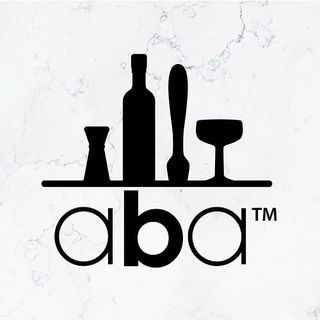 Just like any other product that’s served under or uncooked (like red meat, sushi fish or salad), it’s extremely important to maintain good food safety standards with your eggs and egg whites.
Just like any other product that’s served under or uncooked (like red meat, sushi fish or salad), it’s extremely important to maintain good food safety standards with your eggs and egg whites.
Sourcing your eggs:
When you Buy:
- Buy the Freshest Eggs you can Find
- Buy the highest Quality you can manage
- If you see eggs with defects, don’t hesitate – discard them immediately.
Once Received:
The outside of the egg is often where the bacteria is located.
- Clean the outside of the egg.
- Use a bleach solution with 1 teaspoon bleach to 1 liter of water.
 As with any other consumable, safe storage is important.
As with any other consumable, safe storage is important.
Safely Storing Eggs & Egg Whites
- When separating the eggs into their storage containers, use an egg separator to reduce the whites’ exposure to the shell.
- If a bit of shell gets into the batch, be sure to remove it.
- Regardless of whether you’re actively using the eggs or not, you should ensure they are kept on ice or in a refrigerator under 40 degrees.
- Store the egg whites in a container that is clean and sterile. Wash the containers between uses – don’t just reuse in perpetuity.
Perspective & Communication
 The chances of a guest being exposed to salmonella from an egg are 1 in 20,000 – way less than the probability of a guest choking on food (1 in 5,000.) But that doesn’t mean they may not be concerned about it, or allergic to egg whites.
The chances of a guest being exposed to salmonella from an egg are 1 in 20,000 – way less than the probability of a guest choking on food (1 in 5,000.) But that doesn’t mean they may not be concerned about it, or allergic to egg whites.
As a matter of courtesy, be sure your cocktail menu informs guests when raw ingredients like egg whites are used so they can make an educated decision when they buy.

